Smart Home Automation with IoT Dipankar Saha
- Autor:
- Dipankar Saha
- Wydawnictwo:
- BPB Publications
- Ocena:
- Stron:
- 218
- Dostępne formaty:
-
ePubMobi
Opis
książki
:
Smart Home Automation with IoT
Learn to make your home smarter with IoT and AI at a very low cost.
Live examples along with code and circuit samples which you can readily use.
Learn scenario-based AI-based home automation techniques. Description
This practical guide, "Smart Home Automation with IoT" shows you how to create a smart home without breaking the bank. Instead of relying on expensive, closed systems, you utilize the power of the Internet of Things (IoT) with open-source software to design a custom smart home experience that perfectly suits your needs.
This book teaches you to create smart home IoT solutions using Raspberry Pi and microcontrollers like Arduino, NodeMCU (ESP8266), and ESP32. You will learn to program these microcontrollers, control relay modules, and use sensors for data collection. The guide covers using OpenHAB, InfluxDB, Mosquitto MQTT Broker, and Grafana with Raspberry Pi, enabling a unified system without coding. It also shows how to connect OpenHAB to Alexa or Google Home for voice commands and automate tasks like lighting. Bonus content includes using Raspberry Pi GPIO pins, AI-based hand gesture and face detection, and Docker containers.
By the end of this book, you will be a confident smart home builder, equipped with the knowledge and skills to design, implement, and manage a customized system using open-source software. What you will learn
Learn how to implement smart home solution using open-source technologies.
Learn programming microcontrollers (ESP32, ESP8266, Arduino) using Arduino IDE to integrate with relays and sensors.
Learn how to install and set up Raspberry Pi for home automation server.
Learn how to develop Python programs for AI-based automation scenarios. Who this book is for
This book aims to be a useful guide for IoT enthusiasts, engineers and professionals, as well as students who want to learn how to DIY smart home automation with IoT. Table of Contents
1. Introduction to IoT and Home Automation
2. Setting up Home Automation Platform on Raspberry Pi
3. Using NodeMCU and ESP32 with Relays and Actuators as Control Switch
4. Connecting Various Common Sensors using Arduino
5. Connect Sensors and Relays with OpenHAB IoT and Voice Chatbots
6. Developing Dashboards using Grafana to Monitor Smart Home and IoT Devices
7. Get more out of Raspberry Pi
Wybrane bestsellery
BPB Publications - inne książki
Dzięki opcji "Druk na żądanie" do sprzedaży wracają tytuły Grupy Helion, które cieszyły sie dużym zainteresowaniem, a których nakład został wyprzedany.
Dla naszych Czytelników wydrukowaliśmy dodatkową pulę egzemplarzy w technice druku cyfrowego.
Co powinieneś wiedzieć o usłudze "Druk na żądanie":
- usługa obejmuje tylko widoczną poniżej listę tytułów, którą na bieżąco aktualizujemy;
- cena książki może być wyższa od początkowej ceny detalicznej, co jest spowodowane kosztami druku cyfrowego (wyższymi niż koszty tradycyjnego druku offsetowego). Obowiązująca cena jest zawsze podawana na stronie WWW książki;
- zawartość książki wraz z dodatkami (płyta CD, DVD) odpowiada jej pierwotnemu wydaniu i jest w pełni komplementarna;
- usługa nie obejmuje książek w kolorze.
Masz pytanie o konkretny tytuł? Napisz do nas: sklep@helion.pl
Książka drukowana


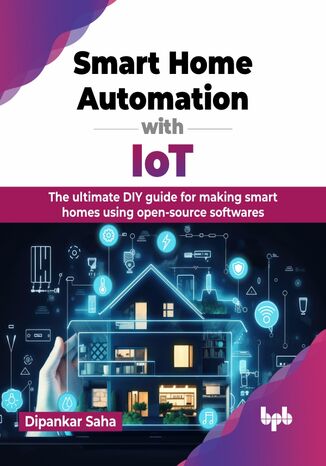


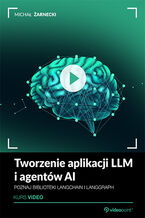
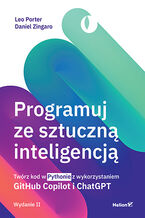

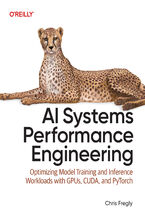

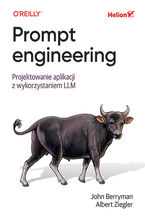

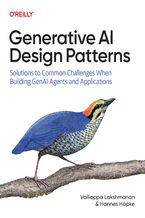






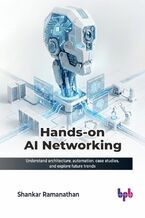
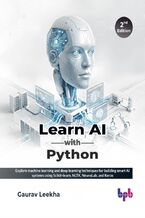


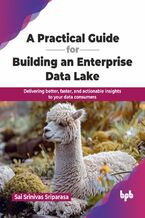
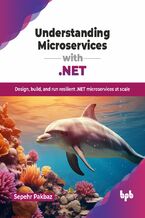







Oceny i opinie klientów: Smart Home Automation with IoT Dipankar Saha
(0)